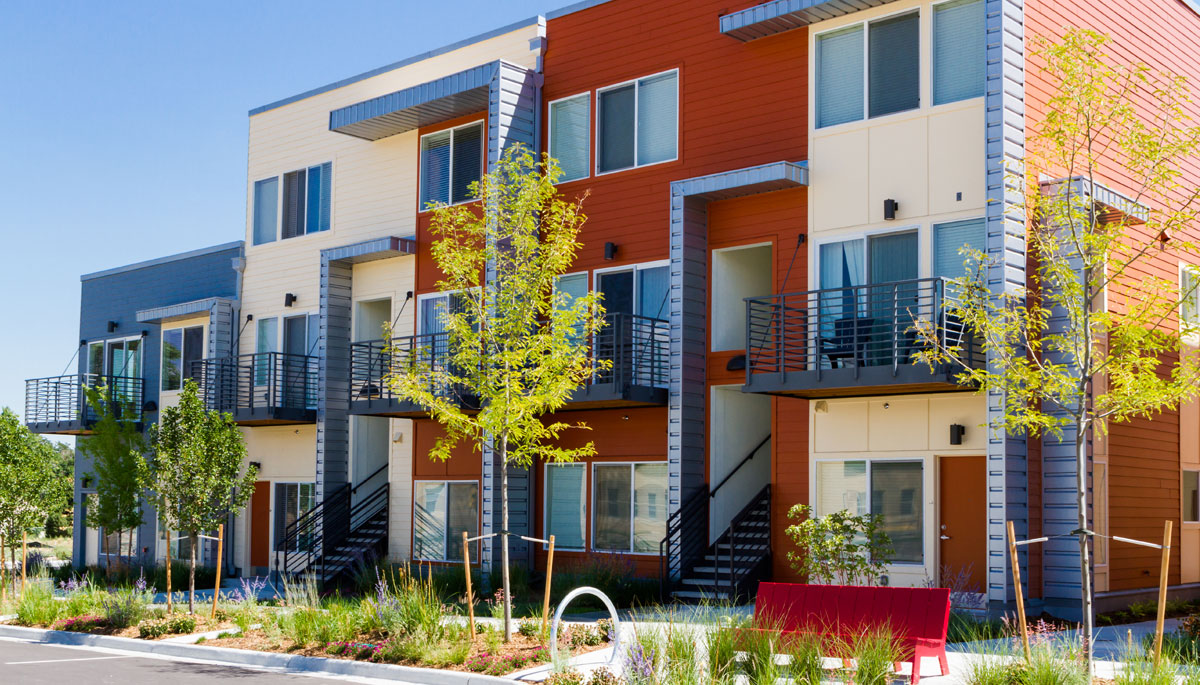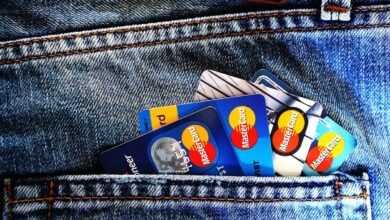
Investing in a rental property may seem like a great investment, and it is, but not everyone benefits from it as much as they thought they would.
There are a number of factors to consider before you jump in and purchase the property: a rental unit represents a sound way to pay back your investment without actually using your own money, but if this is mismanaged then you might be sitting with a loss.
There are risks involved and many issues that will crop up.
Here are 5 things to consider before investing in a rental property.
1 – Rent
The rent that you charge will ultimately be the income that you generate and the money that is used to pay off your loan.
That amount will depend on several factors: property type, location, proximity to amenities and supply and demand. These factors play a huge role in your decision of buying property.
So, the more boxes the tenant can tick, the higher the premium can be.
You will also need to calculate what will happen if there are no tenants occupying your rental unit for a certain period of time.
Do you have funds to cover the rent? You cannot solely rely on the tenant’s rent.
2 – Strong rental agreement
As the landlord, you should set up a contract containing the rental agreement and all the legalities between you and the tenant.
If you are not aware of the rental law, it would be a good idea to involve a lawyer in the process.
A strong rental agreement protects your rights as well as the tenant’s. They form the backbone of any rental transaction and they should be put in place well before the tenant moves in.
Stipulate in the rental agreement exactly what you expect of the tenant and what your role as landlord will be.
3 – Tenant vetting
On the topic of rental agreements, tenant vetting plays an important part in the rental process.
Screening potential candidates is always a good idea so that you can get a feel for them and make an informed decision.
You can call up their list of references and get more information about their habits and if they are regular payers or not.
Be sure to obtain a comprehensive credit check before they move in. Avoid the screening process could have serious consequences in the long run and it might costs you financially.
4 – Upfront costs
There are several upfront costs that need to be covered before you can start renting out the property.
These (purchase) costs include things like bond costs, attorneys’ fees, bank initiation fees and transfer duty. It goes without saying that you need to be in a financial situation that allows you to afford these expenses before you can even begin to think about owning a rental unit.
The bond qualification will depend entirely on your unique financial circumstances and your ability to reliably service a loan. Many institutions also look at the deposit that you are able to put down.
5 – Ongoing costs
As in the case of all properties, the owner of the rental unit should know which ongoing costs are involved and they should budget for it accordingly.
Examples of ongoing costs include things like sectional title levies, rates & taxes, insurance and maintenance.
It would also be a good idea to put extra cash away for emergencies or for unexpected damage to the house such as insurance excess payment, re-tiling, or any other damage that might not be covered by your insurance.







Excellent advice for anyone considering the step into real estate investments.